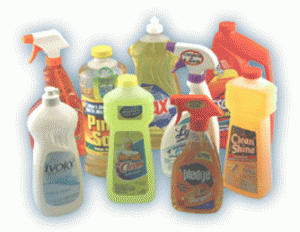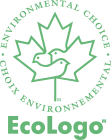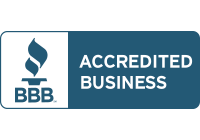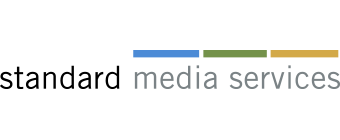April 5, 2011
What’s Safe Under Your Kitchen Sink?
 We’re advocates of household knowledge when it comes to knowing what’s dangerous as far as cleaning products go. That’s why our cleaning service uses environmentally sustainable, non toxic, and chemical free cleaning products – however – not everyone has a house cleaning service that commits to that philosophy. Furthermore, most people assume that just because something is sold in a grocery store, it’s safe to use in your home. The bottom line: Many house hold cleaning products – (quite a few of them have been around for years) – are leading to the deterioration of the health of our families. Many of these products are dangerous, and many of them reside under your kitchen sink. Here’s a quick rundown.
We’re advocates of household knowledge when it comes to knowing what’s dangerous as far as cleaning products go. That’s why our cleaning service uses environmentally sustainable, non toxic, and chemical free cleaning products – however – not everyone has a house cleaning service that commits to that philosophy. Furthermore, most people assume that just because something is sold in a grocery store, it’s safe to use in your home. The bottom line: Many house hold cleaning products – (quite a few of them have been around for years) – are leading to the deterioration of the health of our families. Many of these products are dangerous, and many of them reside under your kitchen sink. Here’s a quick rundown.
Air Fresheners – Most air fresheners interfere with your ability to smell by disabling your nasal passages with an oil film or a nerve-deadening chemical agent. Common chemicals in air fresheners include formaldehyde (a highly toxic known carcinogen) and phenol (which can cause hives, convulsions, circulatory collapse, coma, and even death).
Dishwasher Detergents – Most of them contain highly concentrated chlorine, which is the #1 cause of child poisonings.
Drain Cleaners – They commonly include lye (which can burn skin and eyes, the esophagus and the stomach if ingested), hydrochloric acid (a corrosive eye and skin irritant that damages kidneys, liver, and digestive tract), or tricholoroethane (eye and skin irritant and nervous system depressant). Drain cleaner should never be under your kitchen sink.
Oven Cleaner contains lye (sodium hydroxide). Lye is often used to dissolve roadkill dumped in landfills. This should also never be under your kitchen sink.
Furniture Polish is a highly flammable product and can cause skin and lung cancer. It often contains phenol as well as nitrobenzene, which is an extremely toxic chemical that can be very easily absorbed through the skin
Bleach is a strong corrosive that can damage the skin, eyes, and respiratory tract. NEVER mix bleach with ammonia, as the fumes can be deadly. We’ve talked about the dangers of bleach before and some of the alternatives to it.
Antibacterial Cleaners often contain triclosan (In August 2009, the Canadian Medical Association asked the Canadian government to ban triclosan use in household products under concerns of creating bacterial resistance and producing dangerous side products (chloroform), which is absorbed through the skin and linked to liver damage. Antibacterial soaps may also contribute to the development of drug-resistant bacteria.
As one of Ottawa’s premier house cleaning and house keeping services, we’re committed to creating awareness about the realities of commercial cleaning products and their dangers. Knowing what’s under your sink is an essential part of maintaining a healthy home for you and your family. Contact us to schedule a booking for your house cleaning or request a quote.





